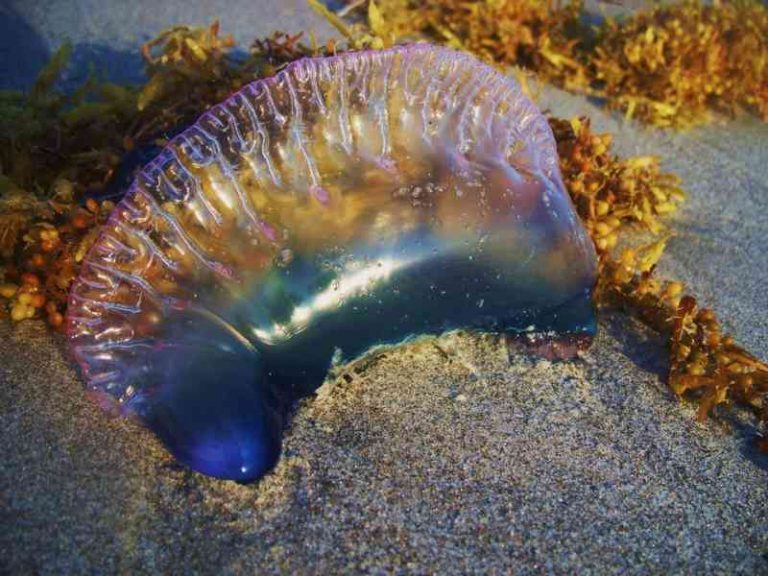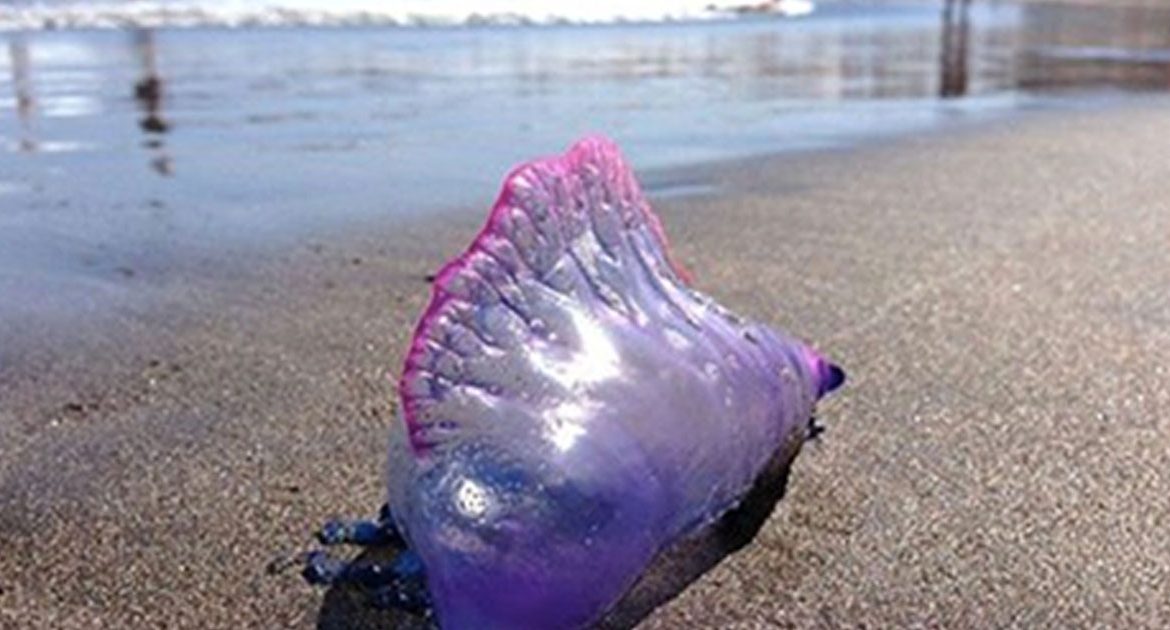The summertime means beach time. A lot of us are ready to put on our bathing suits, smudge on some sunscreen and hit the water. For people who live away from the coast, swimming in the lake is pretty safe from any major water creatures.
For those of you who have the ocean close by, you’re probably not too worried about it. Or maybe the fear of a shark or a poisonous fish swimming up against your foot is hanging in the back of your mind.
Well, we’re about to add another sea creature to the list of what to watch out for this summer. We recommend you stay pretty far away from this animal because its bite can put your health at some serious risk. It is called the Portuguese man-of-war.
According to National Geographic, these beautiful purple-blue blobs “entice people to take a closer look.” Its appearance draws you in closer.
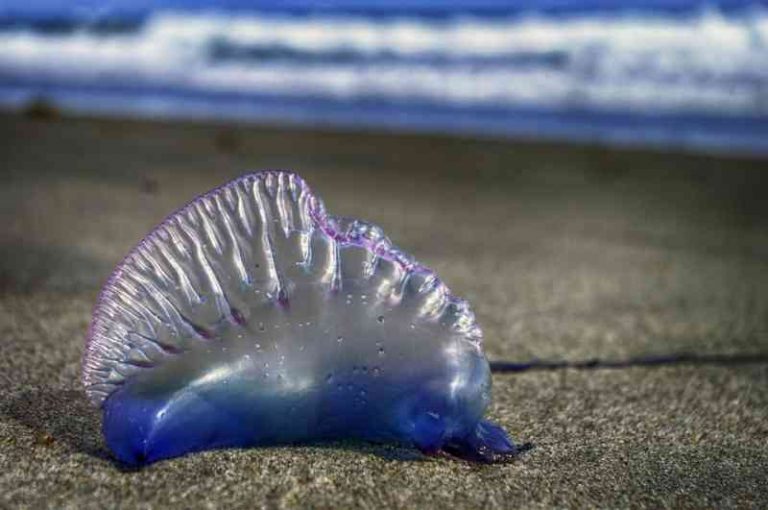
But we would move towards the opposite direction if we were you. Its sting is powerful and will not only hurt in the moment but after as well.
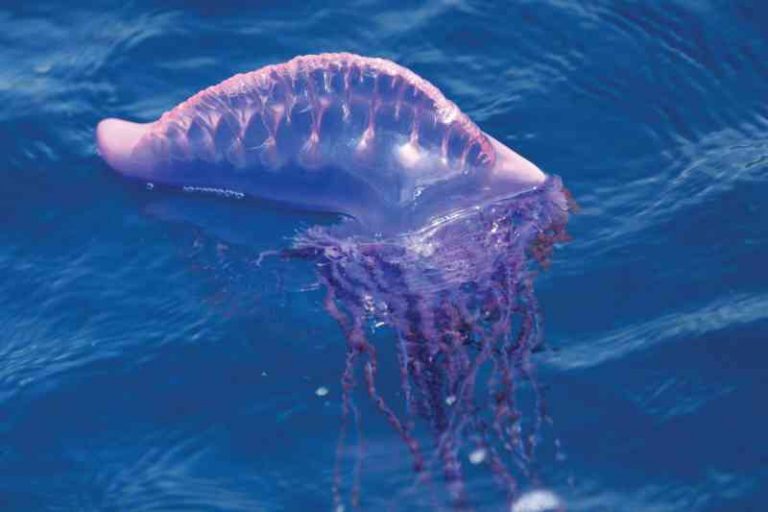 National Geographic describes its features as looking like a “glass-blown ship at full sail,” which perfectly explains the origin of its unique name.
National Geographic describes its features as looking like a “glass-blown ship at full sail,” which perfectly explains the origin of its unique name.

It also allows the creature to go where the wind takes it, which is why it sometimes ends up on the beach.

So where can you find these dangerous creatures? Educateinspirechange.org is reporting that they are being found along the eastern coastline. The most recent sightings come from areas in South Carolina.

Why should you fear this little creature, exactly? The tentacles are what make the Portuguese man-of-war so dangerous. Their venomous tentacles are fully capable of giving you a nasty sting.
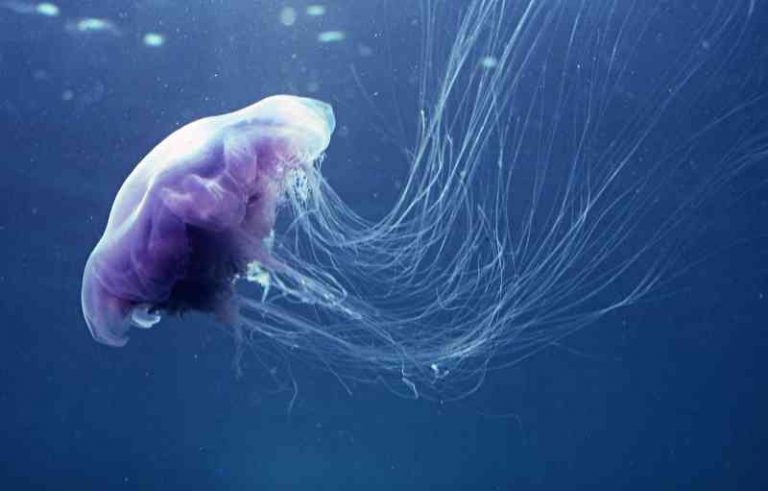
These guys are dangerous both in and out of the water. Even if you feel they have been out of the water for days and are harmless, you are wrong.
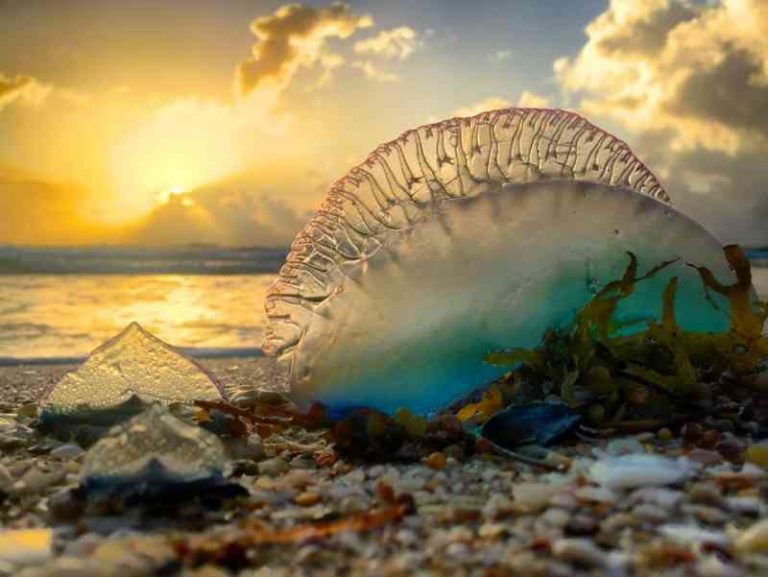
According to educateinspirechange.org, “even days after being washed up on shore they can still sting, no matter how long dead they may appear to be”
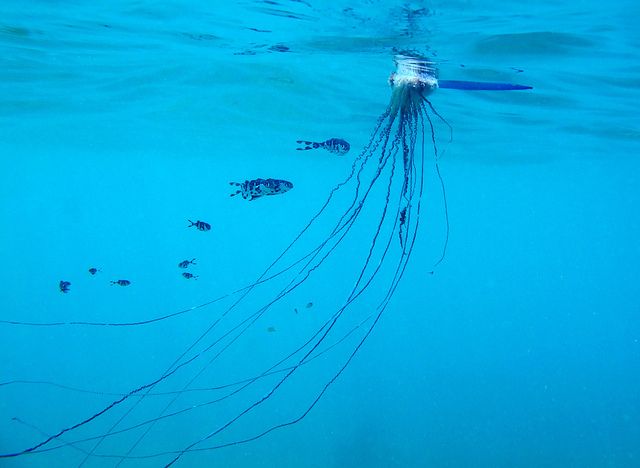
Getting stung by a Portuguese man-of-war can cause a series of terrible reactions. Some include painful red welts, cardiac distress and a high fever.

Death is extremely rare but it’s possible. Unlike jellyfish, if you happen to get stung by one of these, make sure to go straight to the hospital. Don’t try to urinate on it or use homemade methods to cure it.

According to educateinspirechange.org, peeing on the sting will actually make things worse and “instead you should use a cold compress to help relieve the pain and swelling”
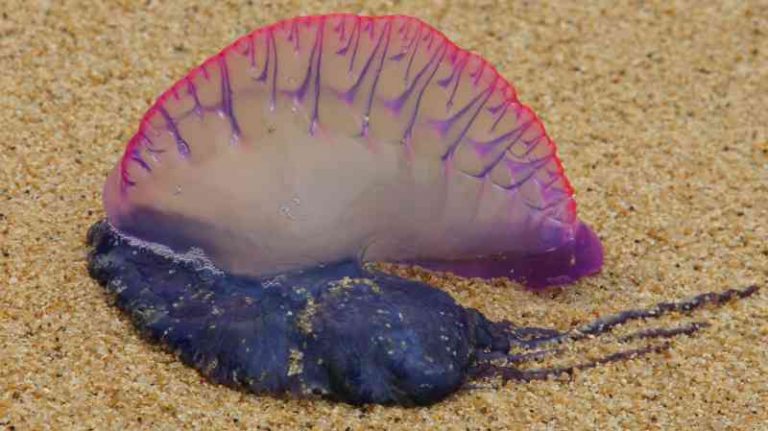
Many people mistake these creatures as jellyfish. But the two are from very different families. Jellyfish are a single multi-cellular organism and these guys are colonial.
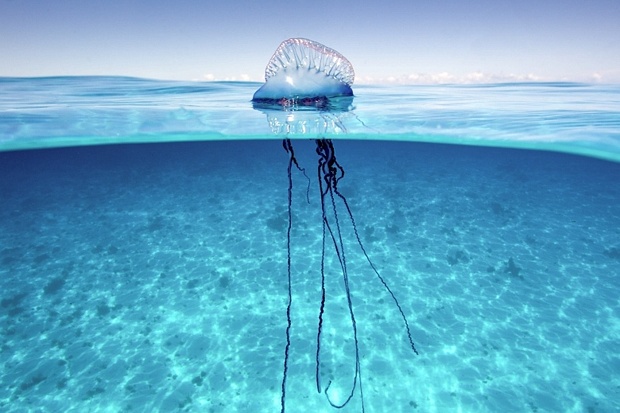
Because they are made up different individual animals that are interconnected, even after they are separated from each other, they are still harmful.
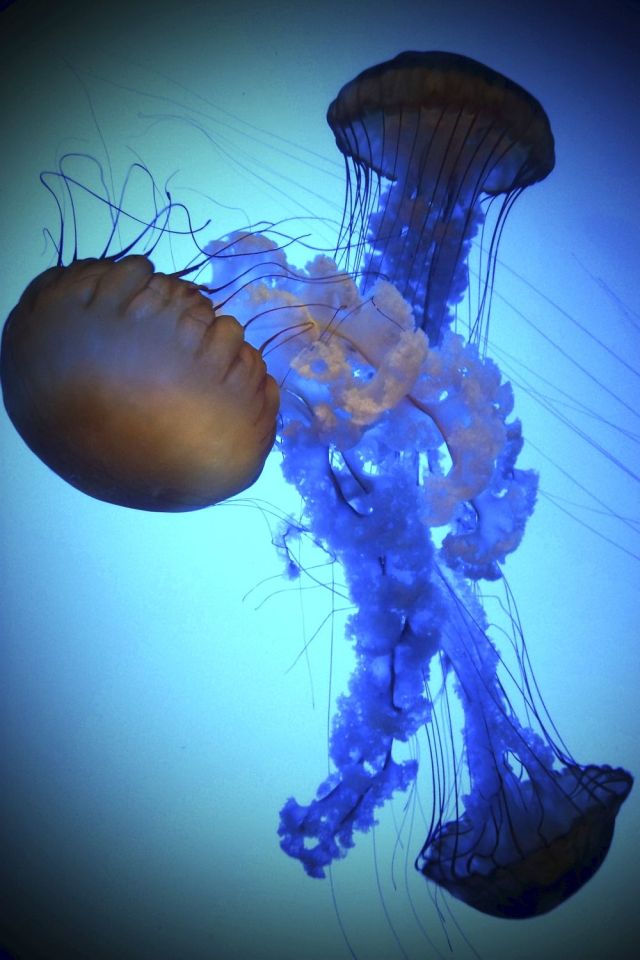
That why even if you see a dead one lying on the beach with its tentacles detached, they can still sting you and create just as much pain as it would if it was alive.
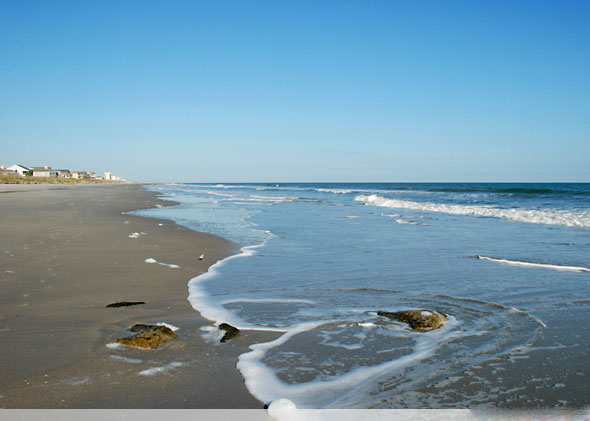
Interestingly, National Geographic notes that “the danger for people from the man-of-war’s venom depends on the victim’s age and where they’re stung”
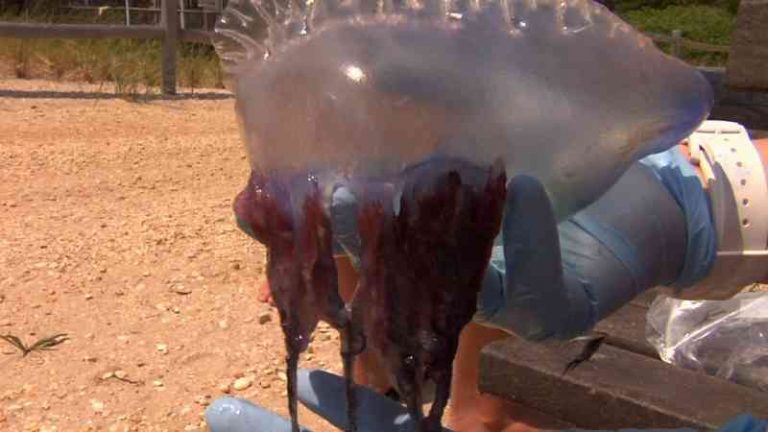
Because these predators are made up of multiple organisms, there are a ton of facts about them. But don’t get too curious if you see them on the beach, it’s not worth the pain.
